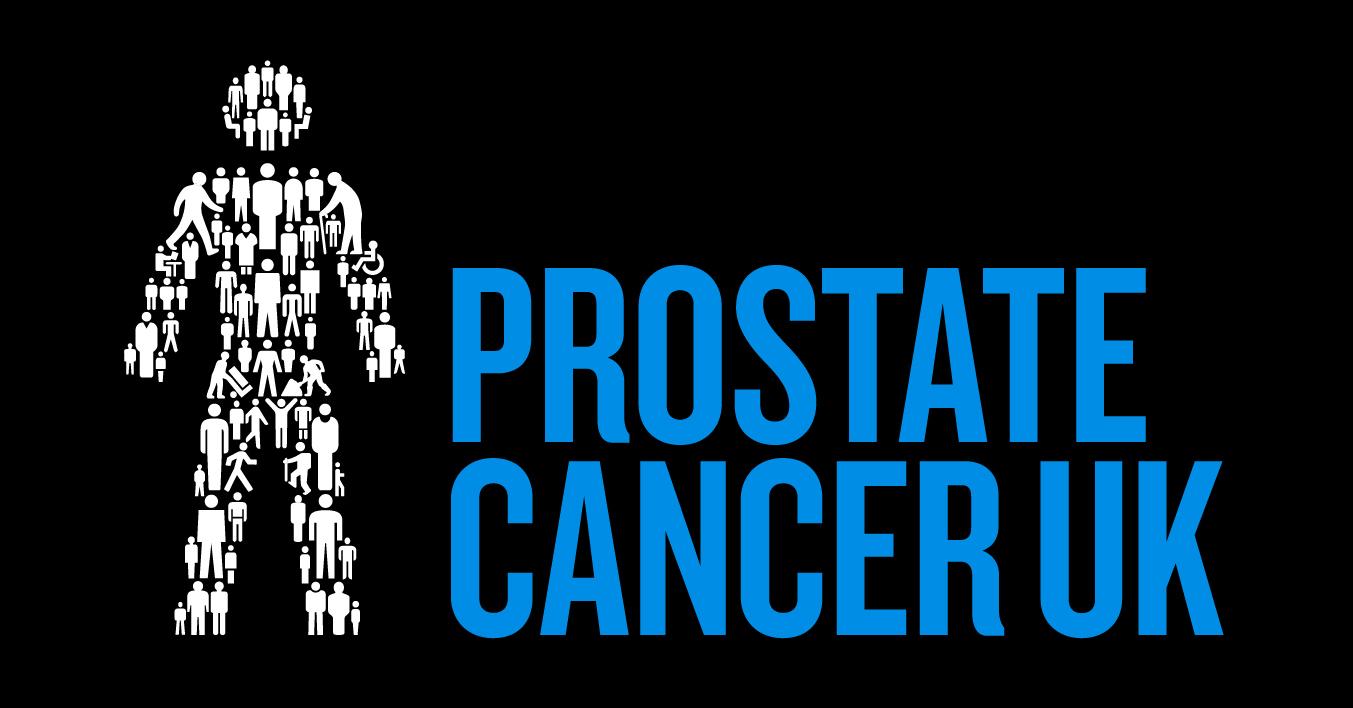Prostate Cancer Awareness Month: Prognosis
Cancer / Men's HealthYou might want to know how prostate cancer will affect you, and whether you are likely to die from prostate cancer. But not all men will want to know this. No one can tell you exactly what will happen to you. But your doctor or nurse might be able to give you an idea based on the outcomes of other men with similar cancer and treatments to you. This is sometimes called your outlook, prognosis, or life expectancy.
What can affect my outlook?
No one can tell you exactly what will happen. How prostate cancer affects you will depend on many things.
- Your stage – Whether your cancer is localised, locally advanced, or advanced.
- Your Gleason score or grade group – The higher your Gleason score or grade group, the more aggressive the cancer, and the more likely it is to spread.
- Your treatment options – You may be able to have treatment aimed at getting rid of the cancer. Or you may be able to have treatment to keep the cancer under control.
- Your health – If you have other health problems, you may have fewer treatment options. And you may be more likely to die from another condition, such as heart disease.
- Your PSA level – After you’ve been diagnosed, PSA tests are a good way of monitoring your prostate cancer and seeing how you’re responding to treatment.
- How successful your treatment is – Your treatment may be successful at getting rid of your cancer or keeping it under control. But for some men, treatment may not work as well as expected.
Outlook for men with localised prostate cancer
Most localised prostate cancer is slow-growing and may not need treatment or shorten a man’s life. For many men who have treatment for localised prostate cancer, the treatment will get rid of the cancer. For others, treatment may be less successful and the cancer may come back. If this happens, you might need further treatment.
Outlook for locally advanced prostate cancer
Many men with locally advanced prostate cancer have treatment that aims to get rid of their cancer. For some men, this treatment can be very successful and they may live for many years without their cancer coming back or causing them any problems. For others, treatment may be less successful and the cancer may come back. If this happens, you might need further treatment.
Some men with locally advanced prostate cancer will have treatment that aims to help keep their cancer under control rather than get rid of it completely. For example, if you have hormone therapy on its own, it can help to keep the cancer under control, usually for several years. And there are other treatments available if your hormone therapy stops working.
Outlook for men with advanced prostate cancer
While it isn’t possible to cure advanced prostate cancer, treatments can help keep it under control, often for several years. Treatments will also help manage any symptoms, such as pain.
Some men may not respond well to one treatment, but may respond better to another. And when your first treatment stops working, there are other treatments available to help keep the cancer under control for longer.
Survival statistics
For more information about the outlook for men with prostate cancer, visit the Cancer Research UK website. The figures they provide are a general guide and they cannot tell you exactly what will happen to you. Speak to your doctor or nurse about your own situation.















































































































